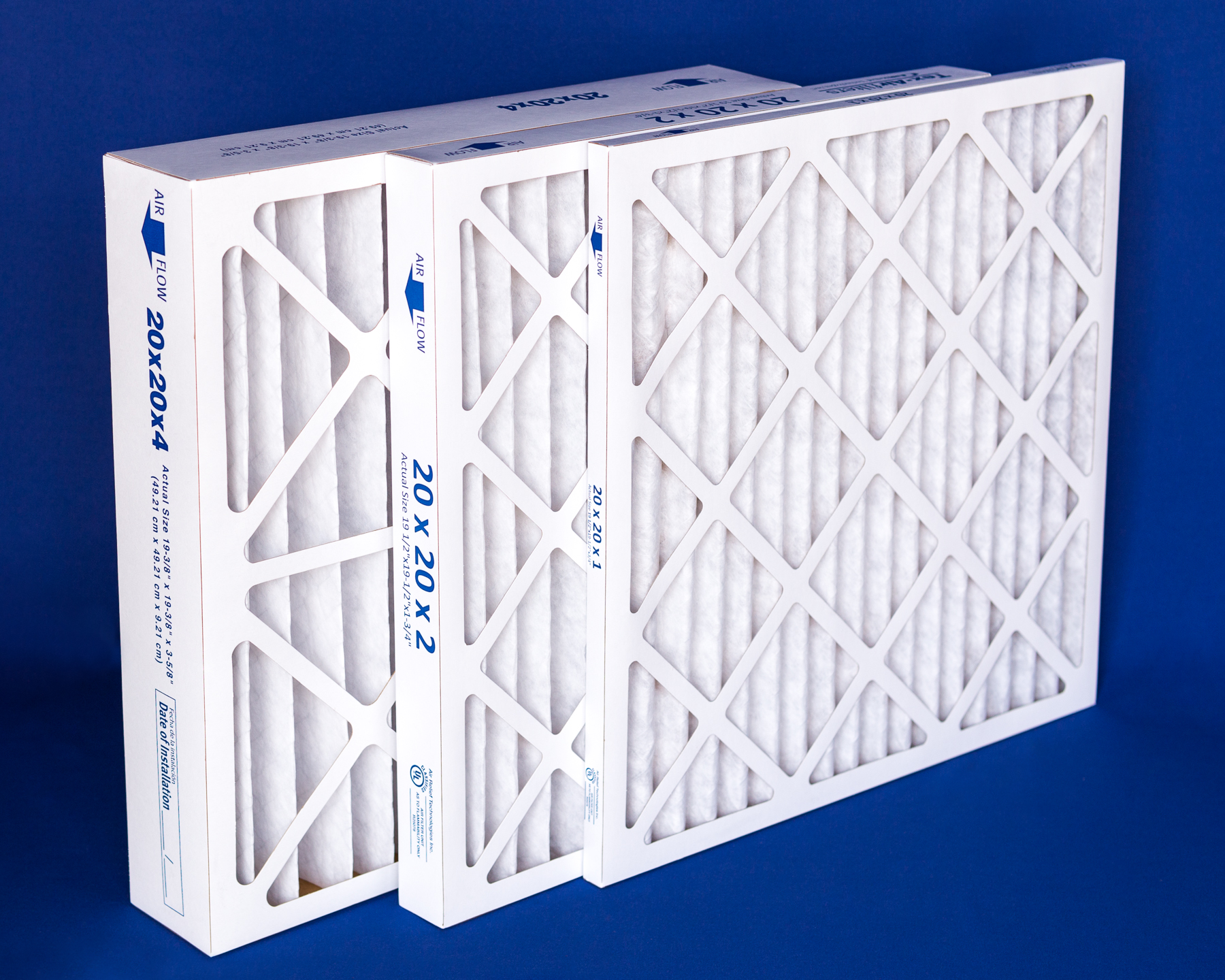The Ultimate Guide to Residential Air Filters: Types and Benefits

In today’s fast-paced world, we often prioritize comfort and convenience in our homes. From smart thermostats to automated lighting systems, we’re always looking for ways to enhance our living spaces. However, one essential aspect of home comfort often gets overlooked – indoor air quality. This is where residential air filters come into play. In this ultimate guide, we’ll explore the various types of residential air filters and the numerous benefits they bring to your home.
Why Indoor Air Quality Matters
Before delving into the types and benefits of residential air filters, it’s crucial to understand why indoor air quality (IAQ) is a significant concern. The air inside your home can be more polluted than the air outdoors due to various factors like dust, pollen, pet dander, smoke, and volatile organic compounds (VOCs) emitted by household products. Poor IAQ can lead to health problems such as allergies, asthma, and other respiratory issues. Furthermore, it can affect your overall well-being and comfort.
Types of Residential Air Filters
Residential air filters come in various types, each designed to capture specific particles and improve indoor air quality. Here are some of the most common types:
- Fiberglass Air Filters: These are the most basic and cost-effective filters. They use layered fiberglass to trap larger particles like dust and debris. While they are budget-friendly, they may not be as effective at capturing smaller particles.
- Pleated Air Filters: Pleated filters are an upgrade from fiberglass filters. They use folded material to increase the surface area, making them more efficient at capturing a wider range of particles. They are suitable for general household use.
- HEPA (High Efficiency Particulate Air) Filters: HEPA filters are considered the gold standard for air purification. They can capture particles as small as 0.3 microns, which includes dust mites, pet dander, and even some viruses. These filters are ideal for individuals with allergies or respiratory conditions.
- Activated Carbon Filters: These filters are excellent at removing odors, gases, and VOCs from the air. They contain activated carbon, which chemically bonds with various pollutants. Activated carbon filters are commonly used in air purifiers.
- UV-C Filters: UV-C filters use ultraviolet light to kill and sterilize microorganisms like bacteria, viruses, and mold spores. While they don’t capture particles, they help maintain a healthy environment by eliminating harmful microorganisms.
- Electronic Air Cleaners: These filters use an electrical charge to capture particles. They are highly effective at removing smaller particles, but they may produce ozone as a byproduct, which can be a concern for some individuals.
Benefits of Residential Air Filters
Now that you’re familiar with the types of residential air filters, let’s explore the many benefits they offer:
- Improved Indoor Air Quality: The most obvious benefit of air filters is the enhancement of indoor air quality. They remove allergens, pollutants, and irritants, providing a healthier living environment.
- Health Benefits: Cleaner air can lead to better health, especially for individuals with allergies, asthma, or other respiratory conditions. It can reduce the frequency and severity of symptoms.
- Odor Control: Filters like activated carbon and UV-C filters can effectively eliminate odors, creating a more pleasant living space.
- Energy Efficiency: Cleaner air can lead to improved HVAC system efficiency. When your system doesn’t have to work as hard to push air through clogged filters, it consumes less energy and lasts longer.
- Protection for Your HVAC System: Air filters prevent dust and debris from accumulating in your heating and cooling systems, reducing the risk of breakdowns and extending their lifespan.
- Reduced Cleaning: With effective air filtration, you’ll spend less time dusting and cleaning your home, as fewer particles will settle on surfaces.
- Peace of Mind: Knowing that you’re breathing cleaner air can provide peace of mind and reduce stress, contributing to an overall sense of well-being.
In conclusion, residential air filters are an essential component of a healthy and comfortable home. By selecting the right type of filter for your specific needs and regularly replacing or cleaning it as required, you can significantly enhance your indoor air quality. So, take a step towards a healthier home today by investing in a quality residential air filter – your lungs and overall well-being will thank you.

